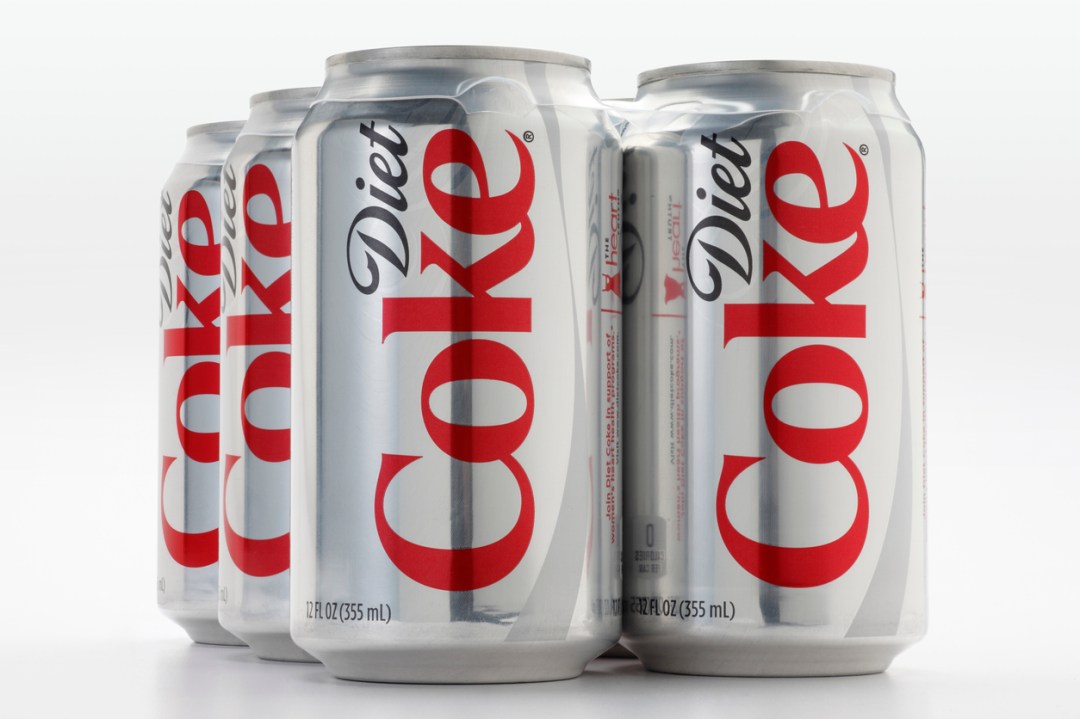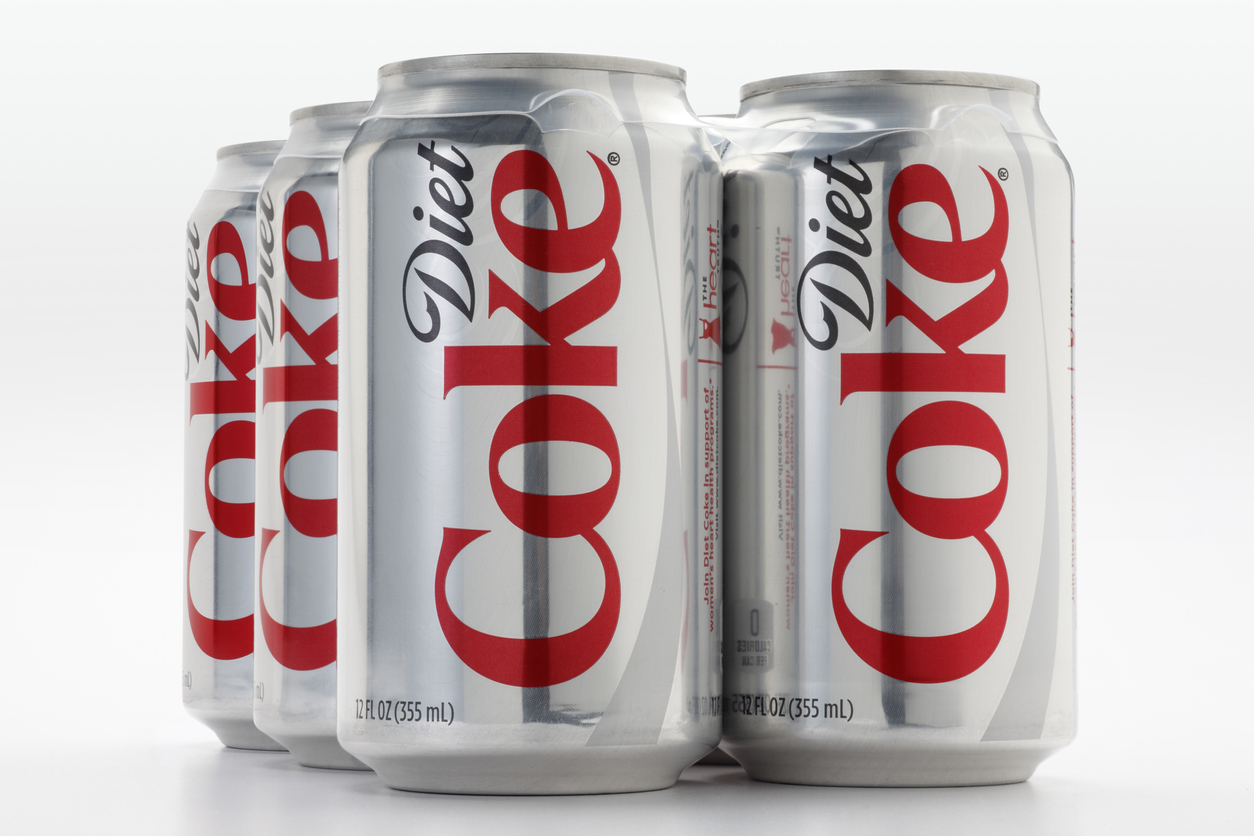British media wouldn’t be British media without endless stories of possible health risks in food and drink. The news cycle turns and we land on whether butter is good or bad, or whether having a glass of red wine in the evening is toxic or therapeutic.
Another long-running, oft-studied and frequently-discussed topic of debate is aspartame, the artificial sweetener found in the likes of Diet Coke and Coke Zero. The latter is a favourite drink of mine.
Aspartame has suffered its fair share of derision in the past, but it is now being officially declared a ‘possible’ cancer risk by the International Agency for Research on Cancer, a World Health Organisation body. The agency has reclassified the product as a class 2B carcinogen, one of four categories where 1 means it causes cancer; 2A it probably causes cancer; 2B it possibly causes cancer; and 3 means too little evidence.
I won’t be stopping my cans of Coke Zero. There’s plenty of information around that suggests the risk – if indeed there is any risk – is marginal. But if you do want to mix things up, there are cola alternatives to the big brands that give aspartame a miss – and here are my pick of the bunch.
Karma Cola
The first thing to know about Karma Cola is that through its charity, the Karma Foundation, 1 per cent of revenue from every drink sold goes to cola nut growers and their communities in Sierra Leone. The brand builds schools, hospitals, water pumps and more. Luckily enough for those in the market for global change, the drinks taste good, and are excellent as mixers thanks to their simplicity. The sugar-free option is crisp and refreshing, blending the organic and ethically-sourced cola nuts with stevia, a sugar substitute made from the stevia plant, and containing no carbohydrates, calories or artificial ingredients. Karma is a classic cola, with few additions beyond sweetness, heady caramel notes and a touch of lemon.
Gusto
Gusto has been around for a while and specialises in botanicals and natural energy drinks. The shtick is very much ‘adult’, arguing that fizzy drinks shouldn’t really be marketed to kids. It’s a brand from the entrepreneur Craig Sams, the man behind Whole Earth (superb peanut butter) and Green and Black’s chocolate (just about everywhere these days), and was invented for none other than a party at the Groucho Club in Soho, not somewhere associated with sobriety. Gusto’s Slim Cola, like Karma, uses stevia and contains erythritol, a natural flavour enhancer. But it also calls on blue agave to ensure true sweetness, while the cola nut flavour is bolstered by vanilla extract, citrus oils, cinnamon and nutmeg. It’s a complex and satisfying option.
Fever-Tree
Fever-Tree has soared to mighty heights in the mixer market over the past decade. Visit any high-end pub and you’re likely to see smart bottles of the brand’s tonics lined up behind the bar. I wasn’t aware it also made cola before writing this, but its Madagascan Cola is a worthwhile discovery: the flavour is distinctive, with notes of spice, citrus and fruit, and the drink isn’t so much a classic cola as a bold reinvention. It is designed more to be a mixer with spirits – unsurprisingly, given that it’s Fever-Tree – and in that sense it is excellent. With cola nut extract is Madagascan vanilla, bringing richness, Mexican limes for a zesty hit, and added caffeine, which I find agreeable – and essential when partnering a drink with rum.
Green Cola
Green Cola very much centres its marketing on the fact that it is predominantly sweetened by way of the stevia plant, and in some literature even makes a song and dance out of the fact that it is aspartame-free. It does a good impression of other drinks in the commercial cola market – it comes in 330ml cans, has a pretty old-school design and uses caramel E150d (found in lots of soft drinks) for colour. Green Cola also uses sucralose, a common artificial sweetener, and takes its caffeine from unroasted green coffee beans. It’s a decent soft drink and one that might be good for youngsters desperate for something that feels like a more familiar cola.







Comments